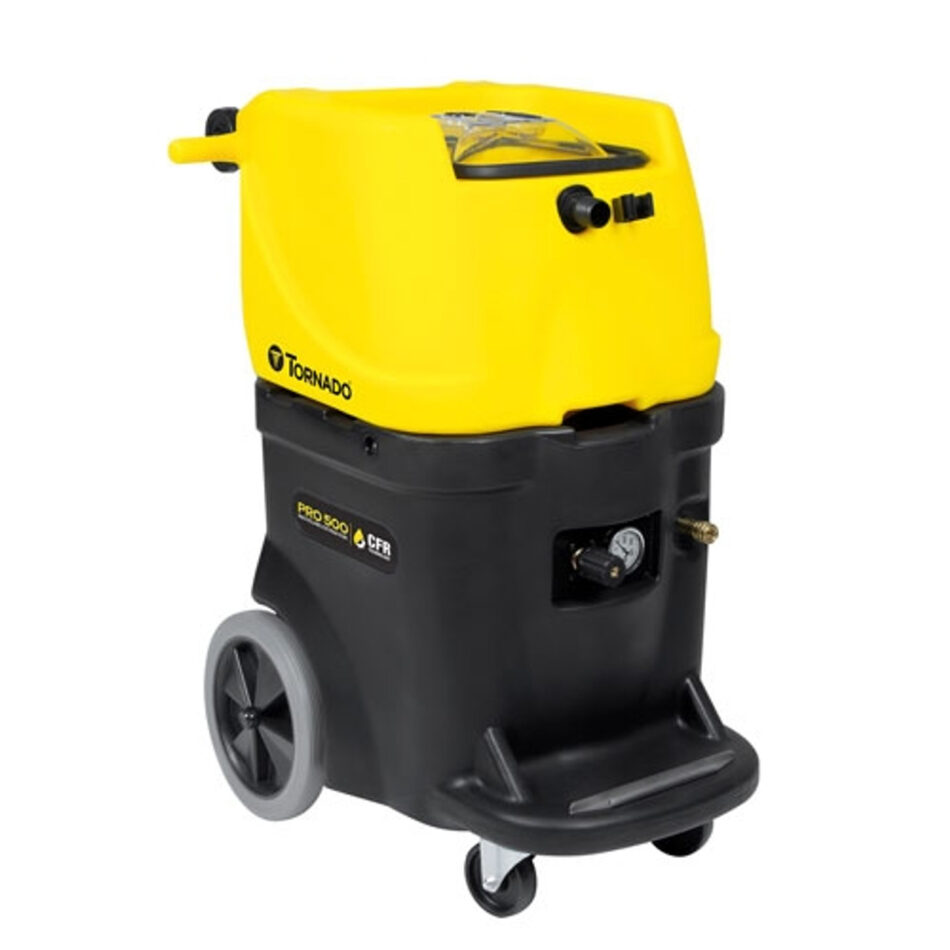Upholstered furniture makes any home or office feel more comfortable and inviting. But with regular use comes spills, stains, and general wear. To keep sofas, chairs, and car interiors looking their best, the right cleaning products are essential. From everyday upholstery detergent to advanced upholstery cleaning products, the market offers a wide range of solutions.
This guide will compare household detergents with professional-grade options and provide a roundup of the best upholstery cleaner products you can buy today. Whether you’re tackling everyday maintenance or dealing with stubborn stains, choosing the right product makes all the difference.
Why Upholstery Needs Specialized Cleaning Products
Unlike hard surfaces, fabric upholstery is delicate and easily damaged by harsh chemicals. Regular detergents or DIY solutions don’t always provide the right balance of cleaning power and fabric protection. That’s why many households and professional cleaners rely on specialized upholstery cleaning products.
Benefits of Using the Right Upholstery Cleaners
- Stain Removal: Targets wine, coffee, pet stains, and grease without damaging fabric.
- Fabric Protection: Many formulas are designed for sensitive or natural fibers.
- Freshness: Upholstery cleaners often include deodorizers to remove odors.
- Longevity: Using the proper products helps extend the life of furniture.
Everyday Upholstery Detergent: Convenient and Affordable
For many households, an upholstery detergent is the first choice for routine cleaning. These detergents are easy to use, affordable, and widely available at supermarkets.
Pros of Upholstery Detergent
- Great for quick cleanups and light stains.
- Affordable and accessible.
- Usually safe for most synthetic fabrics.
Cons of Upholstery Detergent
- Limited effectiveness on deep stains.
- May not be suitable for delicate or specialty fabrics.
- Lacks the added protection found in professional-grade cleaners.
Best Use Case: Everyday spills, light dirt buildup, and budget-conscious cleaning.
Advanced Upholstery Cleaning Products: Professional Results at Home
When stains are stubborn or fabrics are delicate, advanced upholstery cleaning products deliver superior results. These often contain powerful stain-lifting agents while still being safe for fabric fibers.
Key Features of Professional-Grade Products
- Enzyme-Based Cleaners: Break down organic stains like food and pet messes.
- Low-Moisture Formulas: Prevent overwetting, which can cause mold or fabric damage.
- Protective Additives: Some include stain guards to prevent future spills from soaking in.
Benefits
- Removes tough stains that detergents can’t handle.
- Suitable for a wider range of fabrics, including wool or silk.
- Provides longer-lasting freshness and protection.
Best Use Case: High-traffic upholstery, delicate fabrics, and deep cleaning.
Roundup of the Best Upholstery Cleaner Products
Here are some categories of best upholstery cleaner products you should look for when shopping:
1. Foam Cleaners
Foam-based cleaners sit on the fabric surface, lifting dirt without soaking the fibers. They’re ideal for delicate upholstery.
2. Enzyme Cleaners
Perfect for pet owners, enzyme formulas break down stains and neutralize odors naturally.
3. Spray-and-Wipe Cleaners
Convenient and easy to use, sprays are perfect for spot cleaning everyday messes.
4. Powder Cleaners
Less common but highly effective, powders absorb stains and odors, then vacuum away easily.
5. Professional-Grade Kits
These often combine cleaners, brushes, and protective sprays for a complete cleaning system.
When choosing among the best upholstery cleaner products, always check compatibility with your fabric type and test a small area first.
Comparing Upholstery Detergent vs. Professional Cleaners
| Feature | Upholstery Detergent | Professional Upholstery Cleaning Products |
| Cost | Affordable, budget-friendly | Higher upfront cost |
| Effectiveness | Works on light stains only | Removes deep and stubborn stains |
| Fabric Compatibility | Best for synthetics | Works on delicate and natural fibers |
| Added Protection | None | May include stain guard and deodorizer |
| Best For | Everyday spills and quick cleanups | Long-term care, tough stains, and delicate fabrics |
This comparison shows that while everyday upholstery detergent is convenient, investing in professional-grade upholstery cleaning products provides superior results and protection.
Tips for Choosing the Best Upholstery Cleaner Products
- Know Your Fabric: Always check labels for recommended cleaning codes (W, S, WS, X).
- Consider Your Needs: Do you need a quick spot cleaner or a full deep-cleaning solution?
- Look for Eco-Friendly Options: Many modern products are biodegradable and safe for families.
- Avoid Harsh Chemicals: Bleach and ammonia can permanently damage fabrics.
- Combine with Proper Tools: Pair cleaners with soft brushes or upholstery machines for best results.
FAQs
- Can I use regular laundry detergent on upholstery?
It’s not recommended. Laundry detergents are too strong for delicate fabrics and can leave residue. Specialized upholstery detergent is safer. - What is the best product for pet stains on upholstery?
Enzyme-based upholstery cleaning products are the most effective for breaking down organic stains and odors. - How often should I clean my upholstery?
Light cleaning every few weeks with an upholstery detergent, plus a deep clean with professional products every 6–12 months, is ideal. - Do professional upholstery cleaners really make a difference?
Yes, the best upholstery cleaner products are designed to remove deep stains, protect fibers, and extend the life of furniture.
Conclusion
When it comes to maintaining your furniture, the right cleaning solutions are essential. Everyday upholstery detergent is convenient for quick fixes, but advanced upholstery cleaning products provide the power and protection needed for stubborn stains and delicate fabrics.
By investing in the best upholstery cleaner products, you ensure your upholstery not only looks great but also lasts longer. Whether you choose budget-friendly detergents or professional-grade solutions, the key is finding the right balance between cost, safety, and effectiveness.









